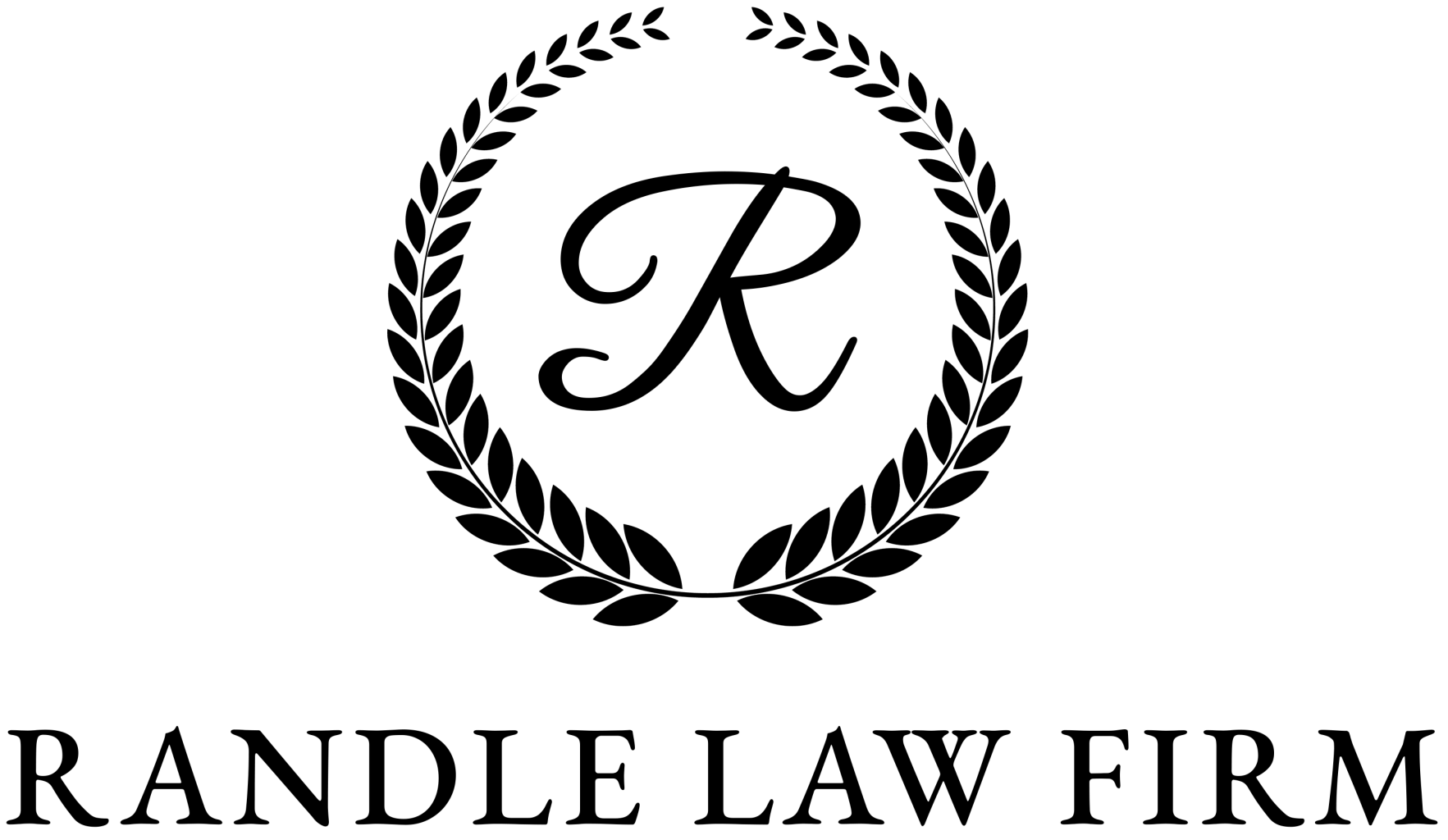Location:
8898 Old Lee Hwy
Suite 106
Ooltewah, TN 37363
Email: april@aprilrandlelaw.com
Phone: 423-521-8000
Fax: 423-521-8001
Bankruptcy & The Role of the Trustee
Understanding the intricacies of the court processes associated with filing for bankruptcy can help individuals make educated decisions about whether bankruptcy proceedings are right for them, what type of bankruptcy to claim, and what to expect during the process.
There are multiple people involved in overseeing every bankruptcy case. One of these people is the U.S. Trustee. The U.S. Trustee’s role is typically not very visual; most of what he or she does in relation to your case will take place behind-the-scenes. In fact, if all is going well, it is unlikely that you will ever see the U.S. Trustee. But what exactly is that role, and what do you need to know about it? We’ve outlined the role and purpose of U.S. Trustees in Chapter 7 and Chapter 11 proceedings to help broaden your understanding of what goes on in the courts while you rest easy knowing your case is in the seasoned hands of April Perry Randle.
Every bankruptcy case, whether Chapter 7 or Chapter 11, is appointed a U.S. Trustee. The United States Trustee Program was created by the Department of Justice to oversee bankruptcy proceedings, including the administration of bankruptcy cases and private trustees. By law, the U.S. Trustee must appear before the court and take an active role in any bankruptcy case.
Chapter 7 Bankruptcy
In Chapter 7 bankruptcies, the U.S. Trustee’s two major responsibilities include reviewing the debtor’s financial situation and reporting to the Court on whether the debtor qualifies for relief according to the means test, which is a series of guidelines that must be met in order for the bankruptcy case to proceed.
If the U.S. Trustee finds that the debtor’s income exceeds median income in the State and that the debtor can afford to repay something to his or her unsecured creditors based on a formula created by Congress, he or she can claim that the case is a substantial abuse of bankruptcy laws, which could result in a case dismissal. The U.S. Trustee is also involved in setting standards for the debtor’s future financial record-keeping and monitoring attorney fee requests. The U.S. Trustee will object if he or she finds that fees are excessive.
Chapter 11 Bankruptcy
In Chapter 11 bankruptcy, the U.S. Trustee is most visible. Because there is no case trustee appointed, the U.S. Trustee assumes more duties. The roles of a U.S. Trustee in a Chapter 11 bankruptcy include holding the creditors meeting, monitoring, collecting and reviewing the debtor’s monthly financial reports as well as monitoring the plans of reorganization.
The U.S. Trustee can dismiss cases when the financial situation of the debtor cannot be reorganized effectively and can request the appointment of a case trustee when the debtor is not adequately performing his or her duties in accordance with the bankruptcy law.
Should I be concerned about the
U.S. Trustee?
When you are in the hands of an experienced attorney like April Randle, the U.S. Trustee provides no reason for concern. The attorney will ensure that your case is in compliance with bankruptcy law, all documentation is properly filled out, and that you are guided through the process seamlessly.
April Perry Randle makes the bankruptcy process as easy as possible for her clients and can help you gracefully move through the intricacies of bankruptcy court processes.






-Office: 8898 Old Lee Hwy, Suite 106, Ooltewah, TN 37363
-Mailing:
P.O. Box 814, Ooltewah, TN 37363
-Email:
April@AprilRandleLaw.com
-Phone: 423-521-8000
-Fax:
423-521-8001
Law Office of April Perry Randle, PLLC.
(All Rights Reserved.)



